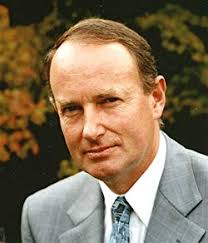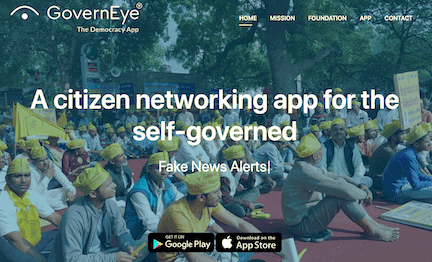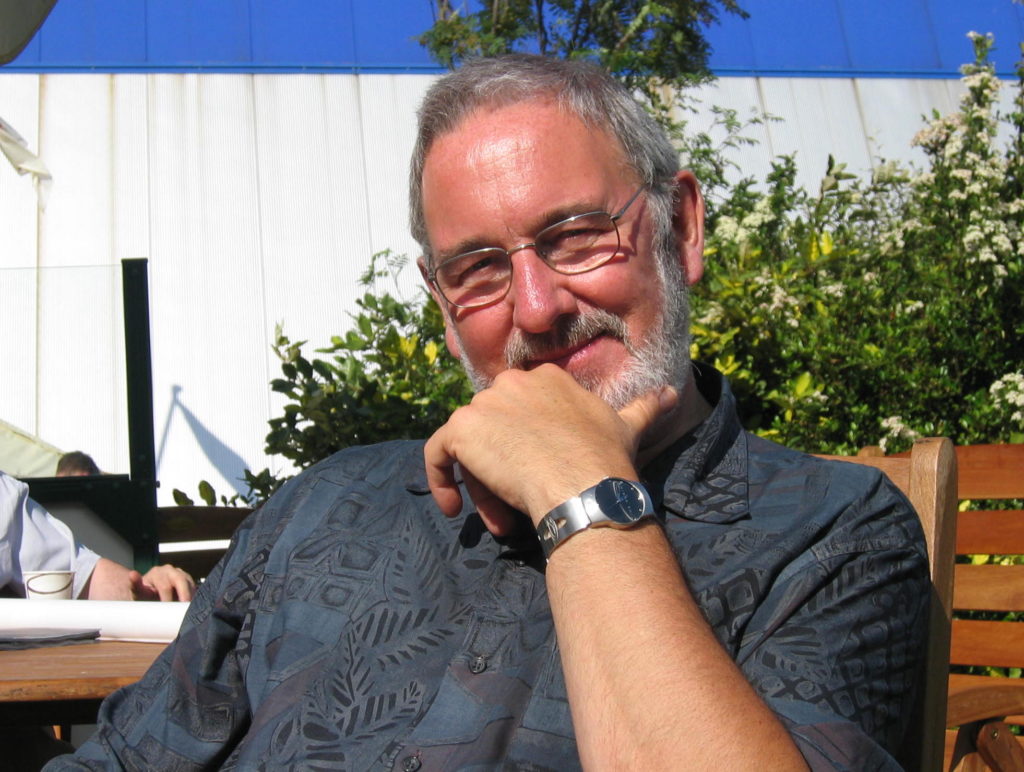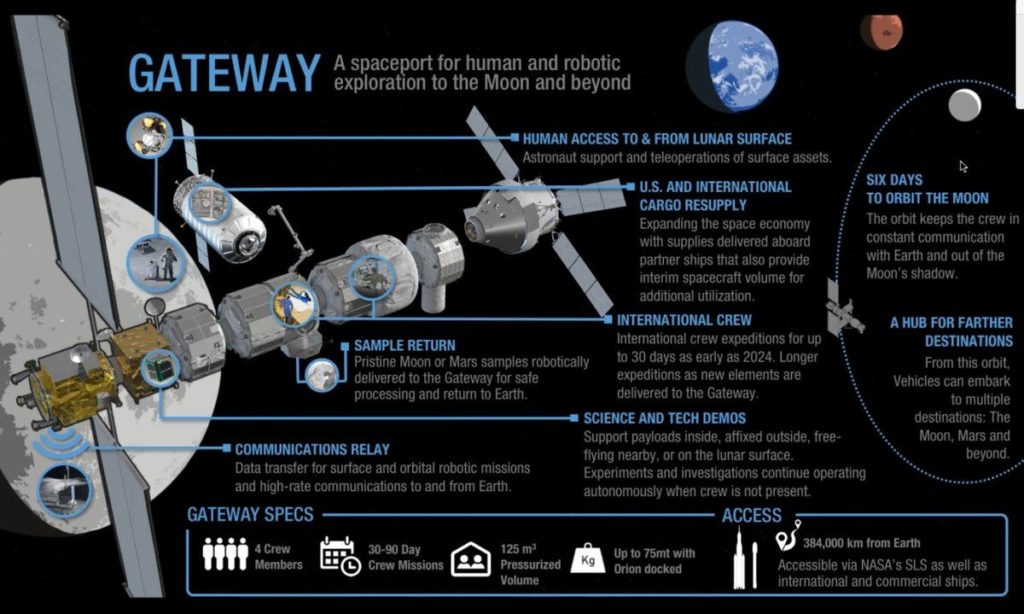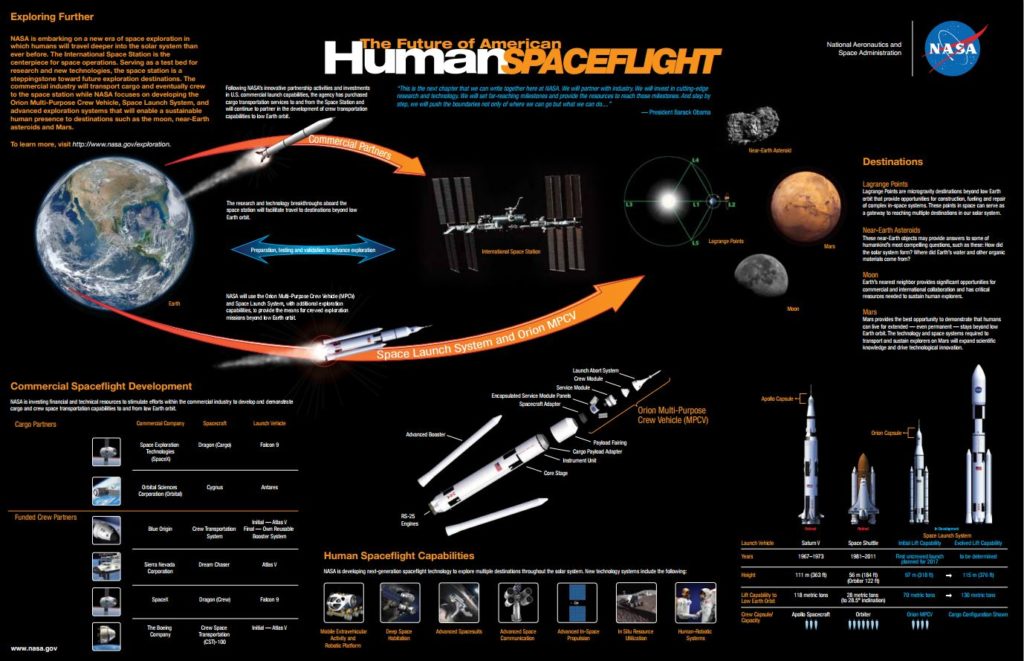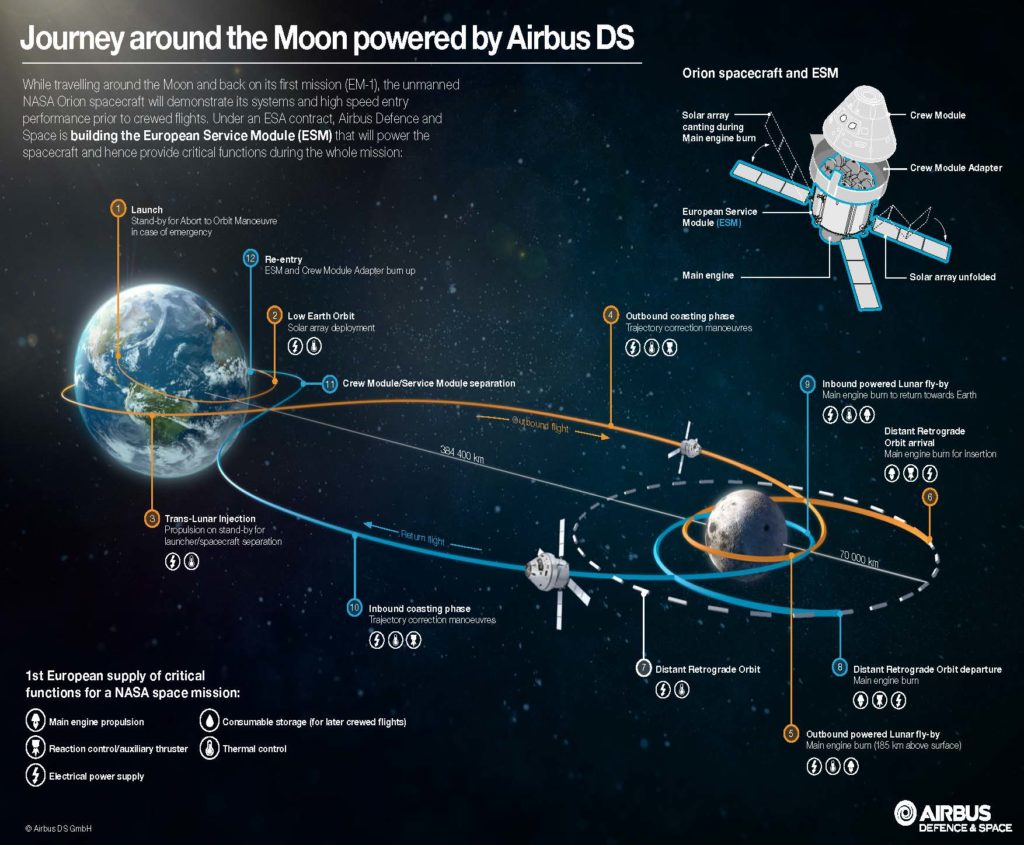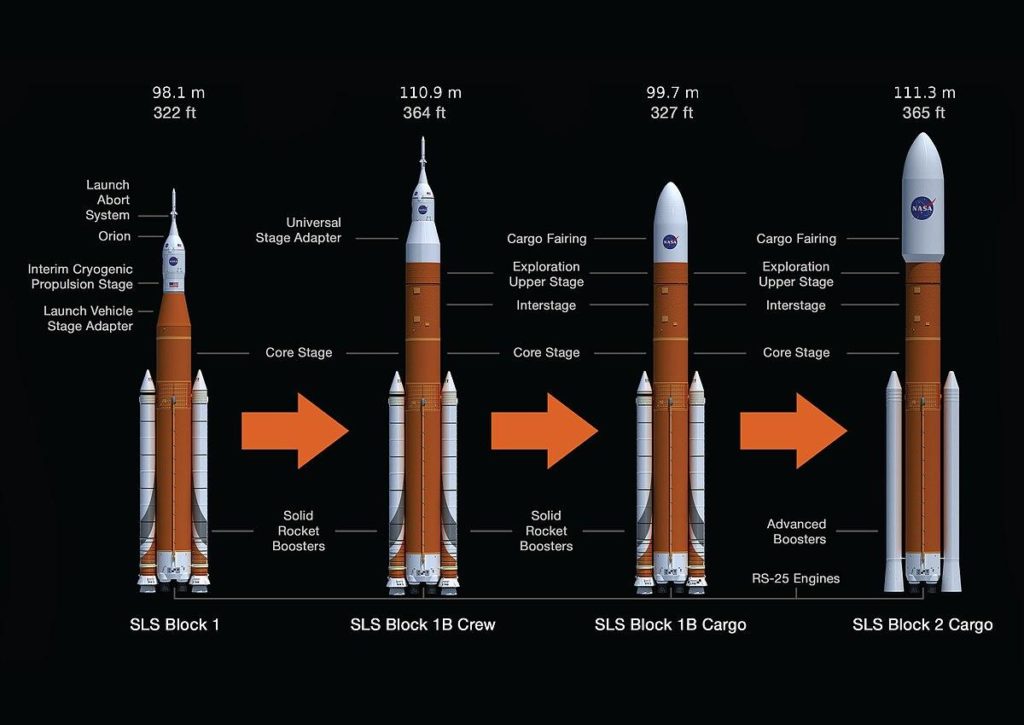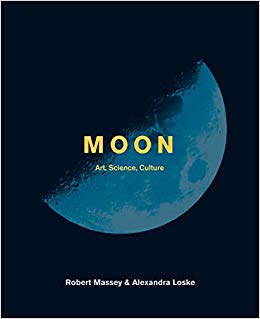
The 50th anniversary of the Apollo 11 landing was a momentous event and expected to be marked by numerous publications. Most books cover the technologies, events, personal recollections and politics of the first human voyage to another world. One book jointly authored by an art historian and an astronomer has a fresh perspective.
The guests in this episode are the authors of the book Moon: Art, Science, Culture – Dr Alexandra Loske Associate Tutor in Art History, University of Sussex and Dr Robert Massey Deputy Executive Director Royal Astronomical Society.
The book is attracting an interesting eclectic mix of readers with an interest in science and art. Some of the topics we spoke about include
- Fritz Lang’s 1929 sci-fi movie (watch full-length movie on Youtube here) Frau im Mond.
- The book has a chapter about the Nebra Sky Disk and we also discussed the Antikythera Mechanism.
- One of the earliest books with a picture of the Moon, called The Moon: Considered as a Planet, a World, and a Satellite (link offers free download) written in 1874 by James Nasmyth and James Carpenter. Here is an interesting review of it from Dr Stephanie O’Rourke from the University of St Andrews.
- The Bluedot Festival at Jodrell bank starts on Friday 19th July
Podcast: Play in new window | Download (Duration: 42:55 — 34.4MB) | Embed
Subscribe: Spotify | RSS | More
Embed video if there is one
